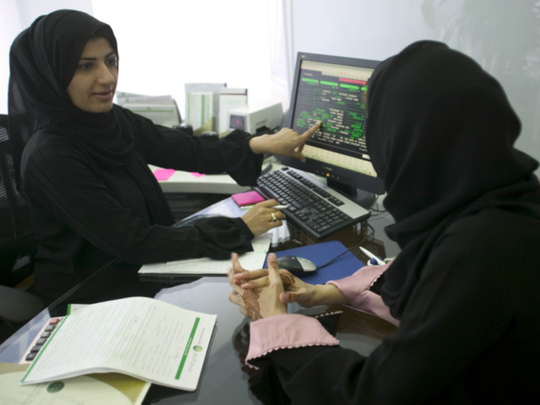
IIslamic finance offers a variety of novel products that can help you manage your funding needs. Islamic personal loans are based on Sharia principles, mostly on ijarah (financial lease) and murabaha (purchase and sale). Depending on what the loans are to be used for, the appropriate financing form is determined by the Islamic financial institution. The main element is the involvement of an asset, which can be commodities, property or the financed goods itself.
Murabaha is mainly used for larger purchases such as vehicles, electronics, household appliances, furniture, etc. In this case, the bank buys the desired good on behalf of the loan applicant and resells it to him at a higher price which is repaid in instalments. The difference makes up the bank’s profit rate. The personal loan is Islamic as long as the bank has some kind of ownership in the financed good beyond the tenor of the loan.
Varied offerings
Personal finance for services such as travel (including haj and umrah), student loans, medical treatment, wedding expenses and everything else that are not physical assets are either financed under murabaha or ijarah as an unsecured personal loan — which naturally implies a higher risk for the bank. Mostly, commodities are involved as underlying assets. For the loan, the bank buys a physical asset from a commodity trader on behalf of a client and immediately resells it to avoid price fluctuations. The result of this transaction is that the client has an amount of money in his account that needs to be repaid either at an agreed date, at a marked-up rate or in instalments that reflect risk-sharing. In this case, no collateral or guarantor is needed.
“Some banks also use financing instruments that include futures contracts on commodities to leverage risks,” says Nathalie Schoon, a consultant on Islamic finance and risk management and trainer for the Islamic Finance Qualification at the CCL Academy in Dubai.
Loan providers
In the UAE, every bank with Sharia banking in its portfolio also offers Islamic personal loans. For example, Emirates NBD offers Islamic personal finance based on tawarruq, a murabaha-type of financing involving a third party. Dubai Islamic Bank bases its Islamic personal finance on murabaha, ijarah and salam. Other banks with similar personal loan structures on offer are Emirates Islamic Bank, Noor Islamic Bank, Abu Dhabi Islamic Bank, Sharjah Islamic Bank, First Gulf Bank, United Arab Bank and others, as well as foreign banks under their Islamic windows such as HSBC Amanah or Standard Chartered Saadiq.
However, the main issue with personal loans, whether conventional or not, is that people get into some form of debt — and an Islamic personal loan based on assets is no different. Omar Usman, founding member of MuslimMatters.org and the Debt Free Muslims initiative, says that people, especially families, need to know more about the risks of loans.
“They tend to have a false sense of confidence when it comes to finances. Many households in the Middle East are struggling with debts — student loans, car payments, credit-card repayments, furniture purchases, computer purchases and so on,” Usman adds. “Thus, our communities need proper financial counselling before they take a personal loan.”
Awareness of risks
That said, the main risk for consumers lies in the financial feasibility of the loan, which is not different to conventional banking. The risk for the bank lies in debt risk management, an issue for which Islamic banks have been criticised in the past for being too negligent. For example, earlier last month rating agency Fitch said GCC countries, including the UAE, do not even have working credit bureaus that could help them make better lending decisions.
“The confidence that Gulf governments will buy out banks anyway in the worst case has led to some kind of reckless borrowing,” Fitch said in the market assessment.
However, with the introduction of a direct debit system in June, customers will be able to make regular, automatic payments from their bank accounts towards mortgage loans, credit-card payments and personal loan instalments, doing away with the use of post-dated cheques.








